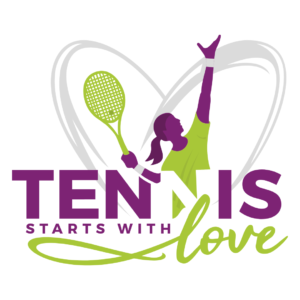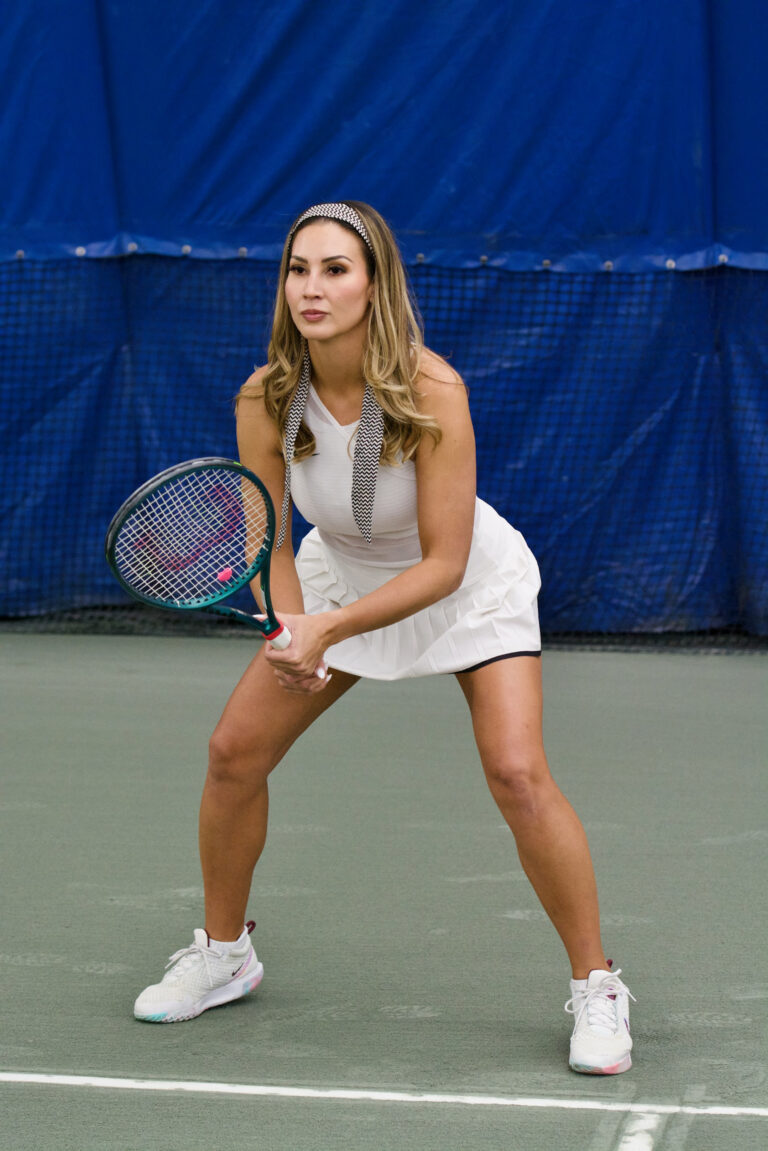
Frequently Asked Questions

If you don’t see your question answered here, feel free to reach out, and I’ll be happy to get back to you promptly.
Feeling nervous about starting tennis is completely normal, and many people feel the same way when trying a new sport. Here are some tips to help you overcome that nervousness and get started with confidence:
Remember, the most important thing is to take the first step. Once you start playing, you’ll likely find that the nervousness fades as you get more comfortable on the court. Enjoy the journey!
Tennis can sometimes seem like a slow progression for a few reasons, especially when comparing it to other sports. There are several factors that contribute to this perception:
In summary, the “slow progression” in tennis is often a result of the sport’s combination of technical, tactical, physical, and mental demands, as well as the fierce level of competition at the highest levels. Success in tennis is often a long journey, requiring years of dedication, adaptability, and overcoming numerous challenges along the way.
“It takes 10,000 hours or 10 years to peak in a sport like tennis.” – Malcolm Gladwell in his book Outliers.

Ready to begin your tennis journey? Send me a message, and let’s work together to bring your goals to life—whether it’s improving your fitness, mastering your swing, or simply having fun on the court!